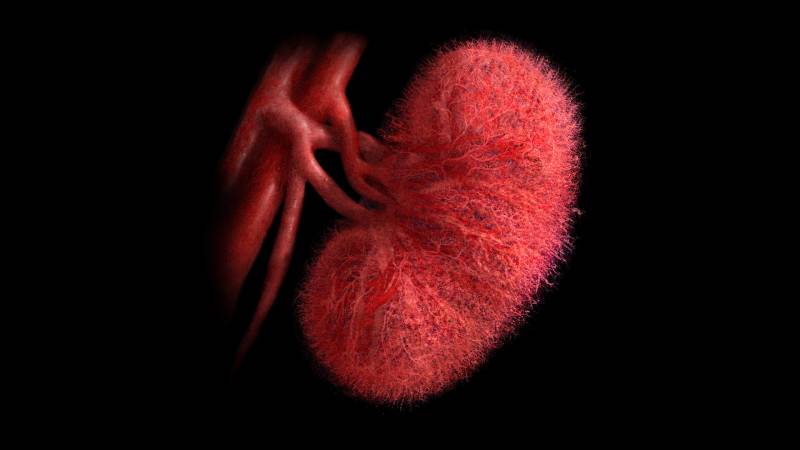In the elegant yet ferocious world of haute cuisine, few voices resonate with the authority and flair of Ludo Lefebvre. A maestro of French gastronomy, Lefebvre is not only a chef but a cultural icon, blending tradition and innovation across kitchens from Los Angeles to Mexico. So when he sits down to dissect Pixar’s animated homage to French cooking, Ratatouille, the result is far more than a simple critique — it becomes a layered narrative about passion, precision, and the enduring soul of a chef.
Lefebvre, who has been sharpening knives and palates for over four decades, doesn’t just glance at the film through the lens of entertainment. He engages with it like a seasoned conductor listening to a reinterpretation of a symphony he knows by heart. From the mise en place to the brigade system, he recognizes the nuances — the rhythm of the kitchen, the unspoken respect between sous-chef and commis, the delicate tyranny of the chef de cuisine. For those who have never stepped foot in a Michelin-level kitchen, it’s easy to miss the subtleties. But not for Ludo.
He zeroes in on how Ratatouille captures the heartbeat of a French kitchen — the choreography of chefs dancing around one another, the obsession with ingredient sourcing, and the structure that keeps the chaos in check. Lefebvre applauds how the animators paid homage to real cooking techniques, even citing the influence of chefs like Thomas Keller, who advised on the film. These nods aren’t just decorative; they are blueprints of authenticity that tether fantasy to reality.

Related article - Uphorial Podcast

Insider
But what makes Lefebvre’s analysis compelling isn’t just his culinary acumen — it’s his vulnerability. In watching a rat chase his dream to cook, we also see a human chef recalling his youthful defiance, the hunger that pushed him past critics, tradition, and even reason. There’s a point where the film’s most iconic moment — the simple peasant dish, ratatouille, humbling a world-weary critic — becomes a metaphor for something bigger. Ludo recognizes this, too. It’s not about food anymore. It’s about memory, emotion, and how cuisine, at its finest, speaks to something primal in us.
Behind every plate of food, there is a story. In Lefebvre’s case, it’s the story of a boy from Burgundy who worked his way through rigid culinary traditions, broke rules, built empires, and then returned to the essence — flavor, honesty, and experience. Ratatouille, in its whimsical way, mirrors that journey. A rat with a refined palate dares to enter a world where he doesn't belong, much like any outsider who believes their voice matters in a field built on legacy. For Lefebvre, that outsider story is not only believable — it’s familiar.
As he dissects the animated frames, Ludo also sheds light on the greater truths of fine dining: the pressure to please critics who write with sharpened pens, the weight of upholding centuries of tradition, and the emotional labor of putting one's soul on a plate. He doesn’t romanticize it. He respects it. And in doing so, he invites us to do the same.
What Pixar got right — and what Lefebvre affirms — is that greatness in the kitchen isn't just about skill. It’s about courage, humility, and an obsession that borders on madness. Ratatouille isn’t merely a feel-good film; it's a layered reflection of what it means to belong in a world that demands everything from you.
In the end, as Lefebvre’s commentary closes, one thing becomes clear: food is never just food. It is identity. It is rebellion. And sometimes, it takes a rat — or a French chef with 40 years of seasoning — to remind us why we fell in love with it in the first place.



